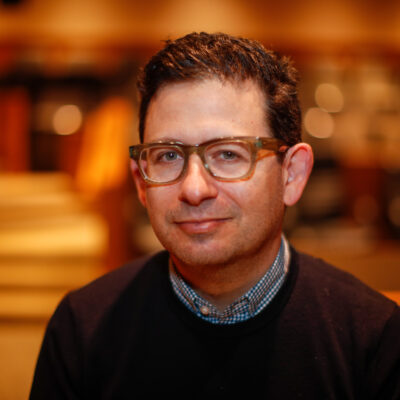An Unprecedented Experiment In Mass Forgiveness
Summary
Jose Gonzalez remembers feeling disoriented as he stepped out of Chuckawalla Valley State Prison and into the vastness of the Colorado Desert. A corrections van was waiting to shuttle him to freedom. The driver rolled down the passenger window and told Gonzalez to get in. The door handle felt foreign in his fingers, and he struggled to open it.
“I’d never been able to open my own door in 20 years,” he said.
Gonzalez had just served a long stint on a life sentence for his role in a grisly 1996 murder. Until his release last April, Gonzalez had no doubt he would die in prison: “If you had a life sentence . . . you were going to do life. No one was getting out.”
…
Among the 2,100 inmates released after the softening of the state’s three-strikes law, only about 6 percent have returned to prison. Michael Romano, director and co-founder of the Stanford Law School Three Strikes Project, attributes the success of this cohort in part to extensive rehab, but also to a kind of forgiveness psychology.
“The state is saying, ‘We made a mistake,’ ” he said. “In every case, a judge has reviewed the case and decided, ‘You’re no longer a danger to public safety.’ It’s a vote of confidence and a public cleansing.”
Read More
